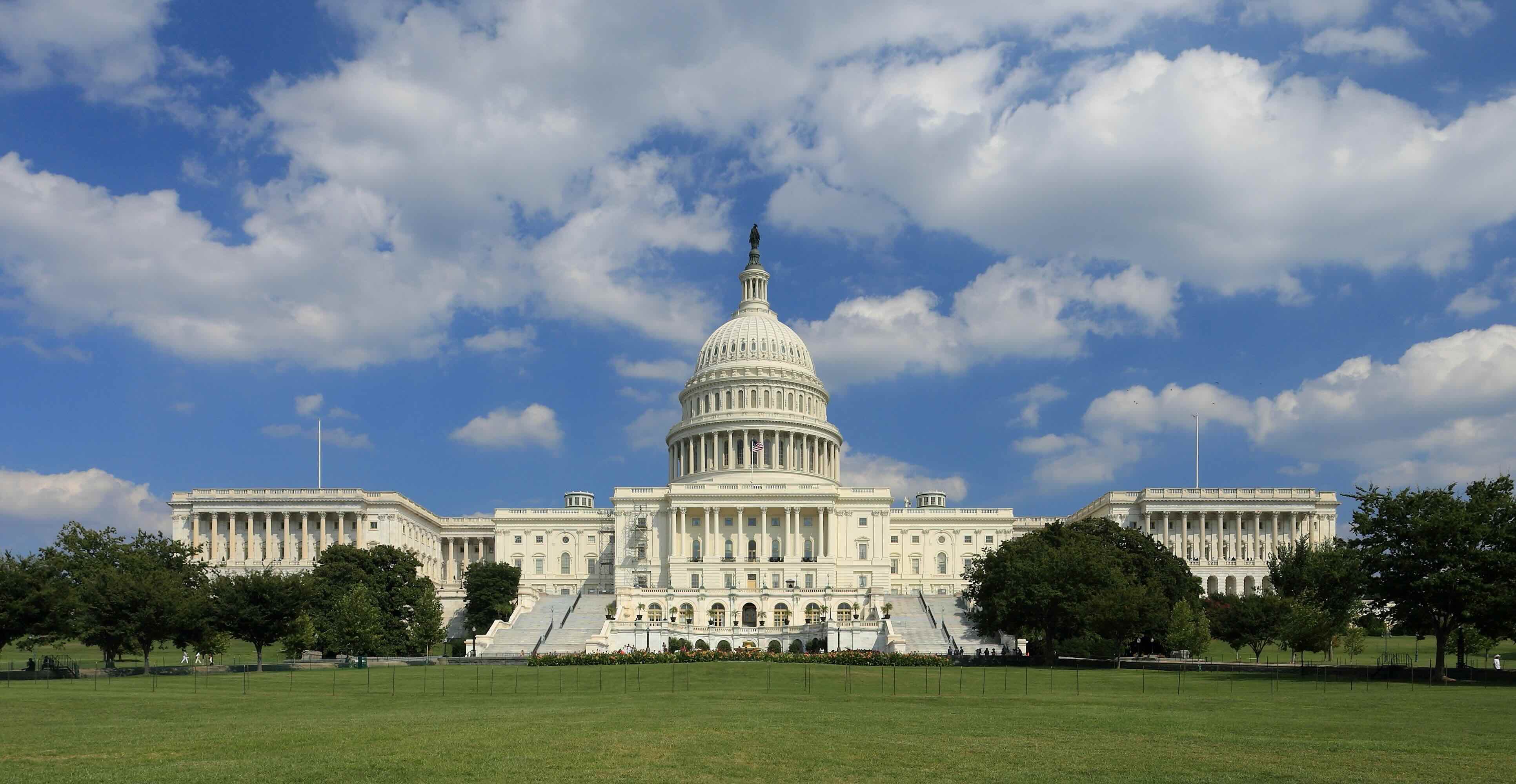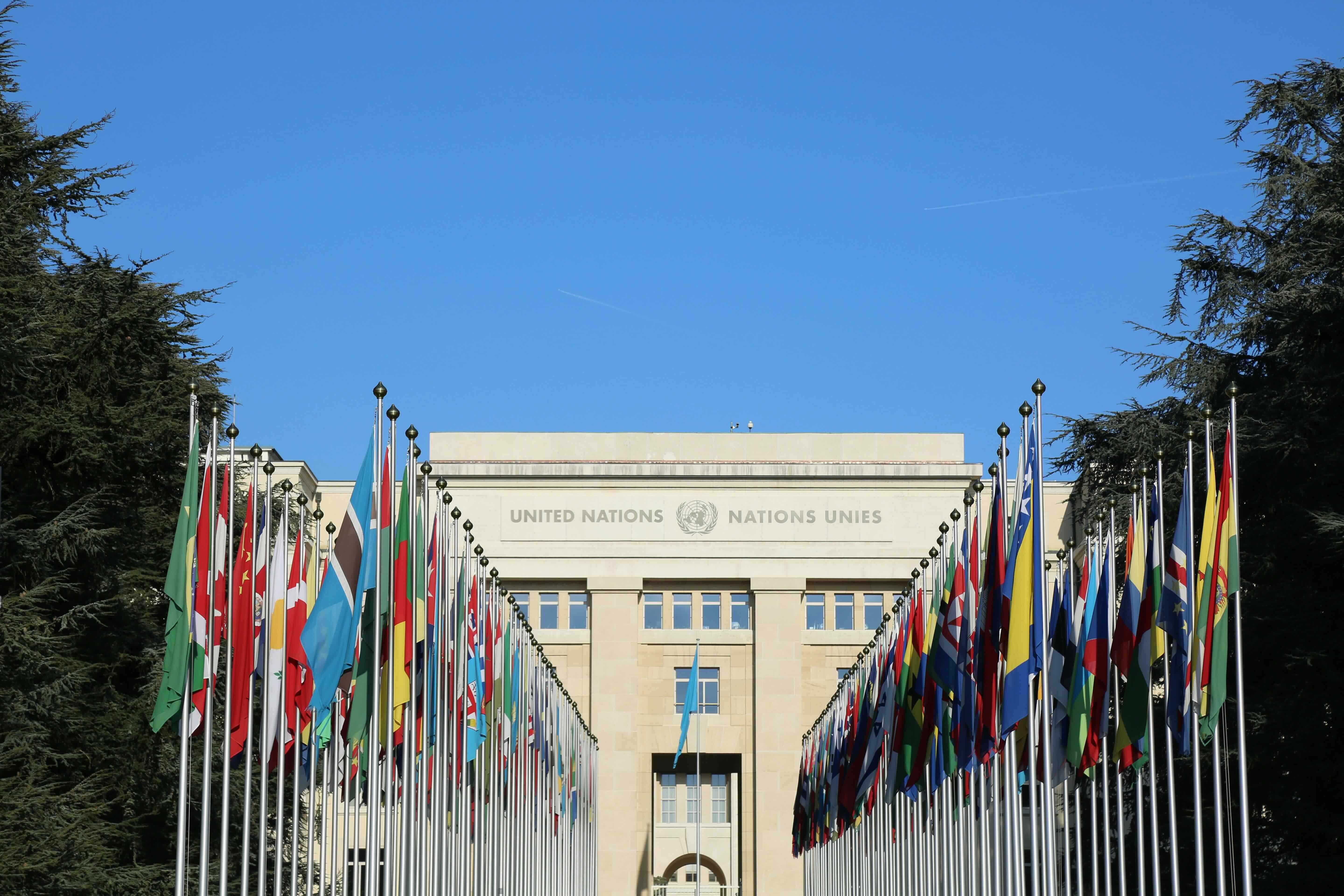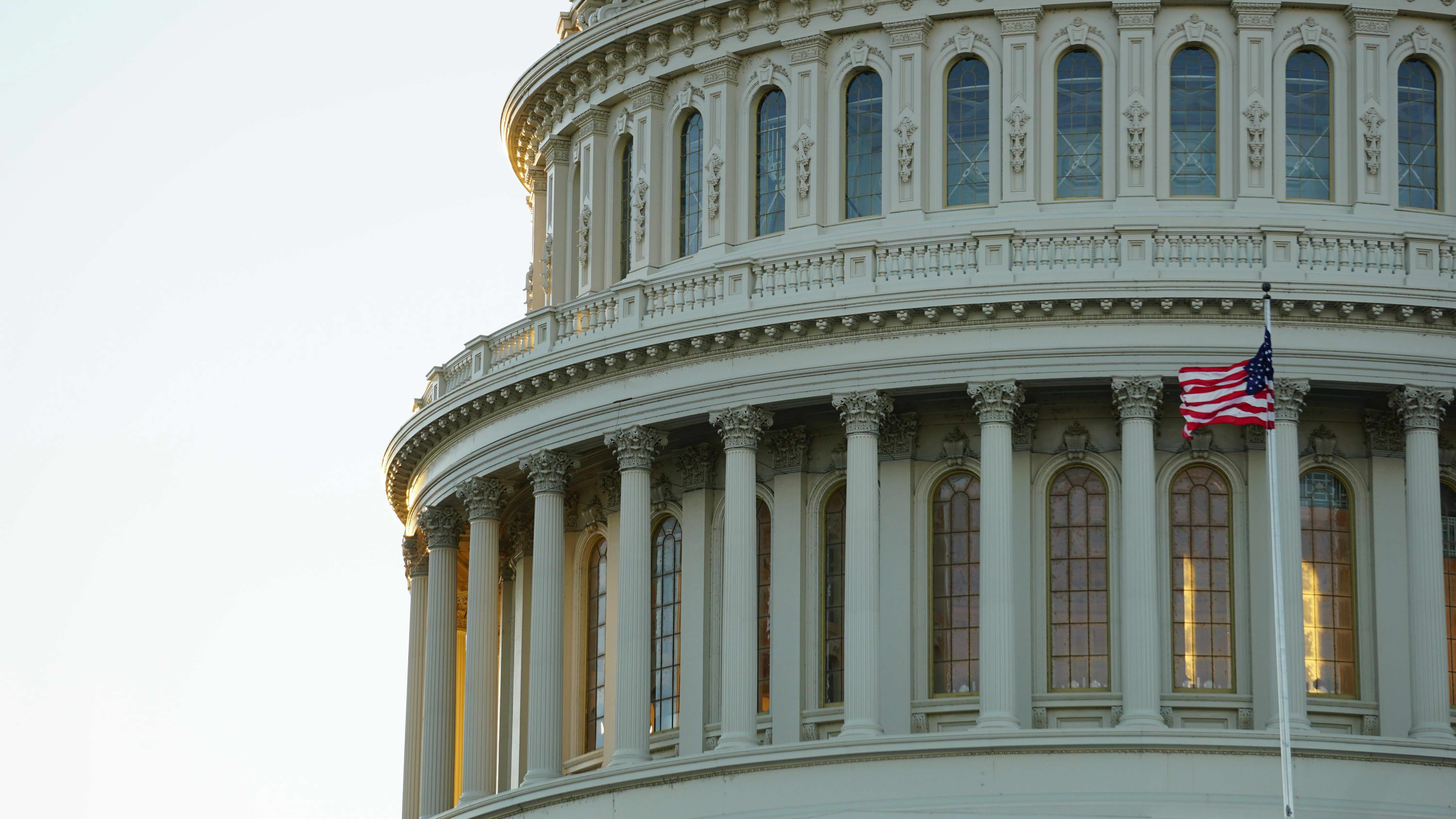The Unbanked and the Debanked
Financial inclusion faces dual crises: billions remain unbanked due to infrastructure gaps, while growing numbers are debanked through regulatory overreach. Bitcoin offers a path forward.

Financial inclusion has long been understood as a moral imperative: a mission to extend economic dignity and opportunity to billions still untouched by the formal financial system. Yet today, policymakers in Washington face not only the challenge of reaching the traditionally "unbanked" but also the rising injustice of the "debanked," those abruptly stripped of their financial access by regulatory uncertainty, compliance excesses, or political motives - without explanation, warning or recourse mechanism.
Expanding financial inclusion requires addressing two distinct yet interconnected phenomena: the billions globally who remain "unbanked" and the rapidly growing number of individuals and organizations being "debanked." The unbanked population includes entrepreneurs across Latin America deprived of property rights and basic financial tools, rural communities far removed from metropolitan hubs, and the tens of millions of Latin Americans trapped in extreme poverty. The "debanked," conversely, suffer exclusion due to regulatory failure and compliance overreach. This is an issue affecting nonprofit organizations, innovative startups, and international companies in the United States and Europe,
The Unbanked
The reality faced by the unbanked majority, particularly in low-income regions, is a profound and enduring economic challenge. Despite years of policy interventions and international aid, billions of people remain disconnected from basic financial services. Physical infrastructure deficiencies, unreliable internet, and limited mobile connectivity compound these barriers. Yet financial inclusion must transcend merely granting nominal access; it must empower meaningful participation.
Consider Ecuador's case. A few months ago I had a conversation with Veronica Artola, the former Central Bank Governor of Ecuador. In our talk, Veronica mentioned that although roughly 60% of Ecuadorians technically had access to financial services between 2017 and 2021, only about 12% actively engaged with them. The reasons were complex regulatory hurdles, limited financial literacy, and cultural preferences favoring cash transactions, perceived as safer and more practical. These systemic barriers reveal that effective inclusion demands both structural reform and targeted educational initiatives.
Consider, for instance, the issues faced by millions of women across Sub-Saharan Africa who live without formal identification documents. In countries like Nigeria and Tanzania, nearly half of all women lack a government-issued ID, effectively rendering them invisible to traditional banking institutions. This absence of official identity bars them not just from opening bank accounts, but also from accessing credit, securely saving their earnings, or receiving crucial remittances. This lack of financial inclusion denies countless women economic agency, independence, and the capacity to shape their own futures.
In Brazil, millions live and work on land they cannot legally claim as their own, trapped by a system that denies them formal property rights. In cities like Rio de Janeiro and São Paulo, countless families occupy homes for decades without obtaining formal titles, leaving them invisible to banks and financial institutions. Without official recognition of property ownership, these individuals have no collateral to secure credit, loans, or mortgages, making it nearly impossible to invest in their futures or grow small businesses. Such exclusion perpetuates cycles of poverty and vulnerability, effectively barring entire communities from meaningful economic participation.
The Debanked
On the opposite side of financial exclusion are the "debanked:" individuals and organizations systematically deprived of banking services not due to a lack of infrastructure or access, but rather as a direct consequence of regulatory ambiguity, compliance overreach, and politically influenced misuse of financial regulations. Specifically, debanking refers to the phenomenon where financial institutions proactively terminate customer relationships driven by perceived compliance risks rather than evidence-based evaluations. Notably, it happens suddenly, without explanation and recourse mechanism. This phenomenon arises largely from ambiguous, overly broad, and easily manipulated Anti-Money Laundering and Counter-Financing of Terrorism (AML/CFT) frameworks, which incentivize banks to adopt overly defensive compliance practices.
My recent paper for Florida Atlantic University's Phil Smith Center highlights that these regulatory failures disproportionately affect several critical groups. Nonprofit organizations working in politically sensitive regions, for instance, often find themselves abruptly excluded from financial services without clear justification, severely limiting their humanitarian and advocacy operations.
Additionally, small businesses engaged in international trade are routinely flagged by automated compliance systems, resulting in disrupted transactions, frozen accounts, and significant operational losses. Bitcoin-related companies, despite their growing legitimacy and economic contributions, frequently experience arbitrary debanking due to persistent misconceptions around the risk profile of crypto assets, exacerbating financial isolation and stifling innovation.
The Need for Reform
Addressing these dual challenges requires precise, strategic reforms. First, AML/CFT regulations must incorporate clear, objective criteria for bank account terminations. Financial institutions should be mandated to transparently communicate closure decisions and provide robust, accessible mechanisms for appeals, thereby protecting legitimate users from arbitrary exclusion.
Additionally, FATF's mutual evaluations should explicitly measure the impact of AML/CFT regulations on financial inclusion, prompting governments to balance robust compliance with equitable access. Simplified, risk-based KYC procedures would dramatically reduce unnecessary compliance burdens, benefiting both low-risk populations and innovative fintech firms.
Furthermore, Washington should establish a specialized federal unit dedicated to monitoring financial exclusion trends, providing policymakers with real-time, evidence-based insights to calibrate regulatory interventions. Ongoing cost-benefit analyses should be legislatively mandated to ensure AML/CFT regulations remain proportionate and effective.
Ultimately, Washington policymakers must pursue a regulatory framework that promotes transparency, proportionality, and inclusivity. Embracing Bitcoin as part of this broader financial inclusion strategy can empower marginalized communities worldwide, shield organizations from politically driven exclusion, and foster an environment where economic freedom becomes the norm rather than the exception. The path forward must reconcile robust economic integrity measures with a steadfast commitment to universal financial participation.



.svg)





